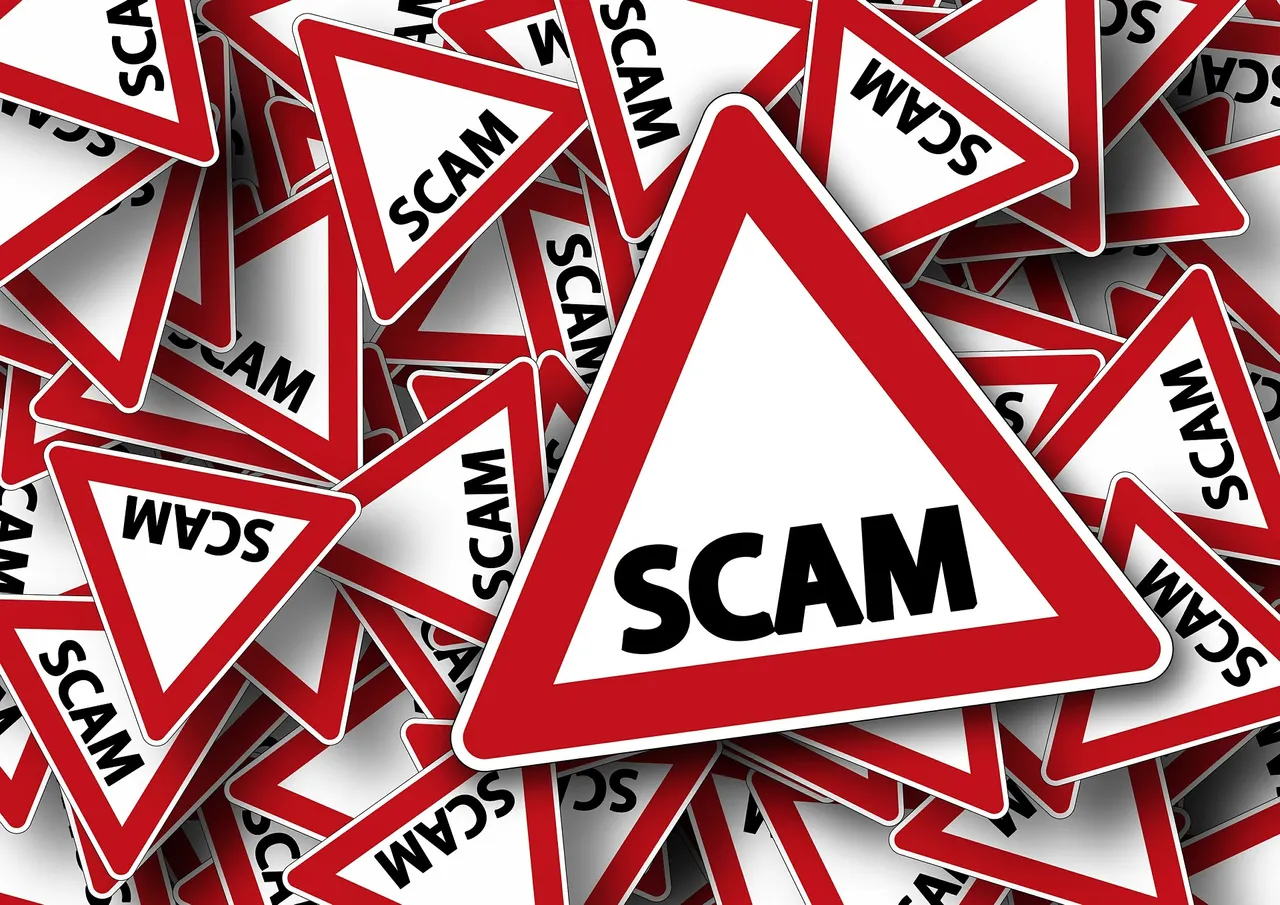
What are Ponzi Schemes?
The U.S. Securities and Exchange Comission defines Ponzi Schemes as
an investment fraud that pays existing investors with funds collected from new investors. Ponzi scheme organizers often promise to invest your money and generate high returns with little or no risk. But in many Ponzi schemes, the fraudsters do not invest the money. Instead, they use it to pay those who invested earlier and may keep some for themselves.
Basically, Ponzi Schemes are fake investment scams which might promise high returns but actually only benefit the fraudsters. It uses funds from new investors to give to earlier investors. These fraudulent schemes, like pyramid schemes die when there is scarcity of new investors and there isn't enough money to go around.
The Red Flags of Ponzi Schemes
1. High Returns with little or no risk
If a site or company promises very high returns in a short period of time they are probably Ponzi schemes. If for example, they offer 5% returns within 24 hours, it is a great sign of it being a fraudulent scheme.
2. To good to be true
High returns do not come easily or even quickly. If the investment seems like a get-rick-quick thing, do not believe in it for things that are to good do not usually turn out to be true.
3. Secret or Complicated Strategies
Ponzi schemes usually do not tell investors where the money actually comes from. If they use buzz words to describe their company or when they do not tell you at all it is most probably an organized scam.
4. Difficulty in Cashing Out
If you have trouble in getting the money or if you are barred from receiving it, then you probably might not get it. Some schemes make you refer people in order to receive the money and instead of getting more people in the scam, just take it as a very expensive lesson.
5. No legal paperwork
Ask for some documents and they probably won't give it to you. Laws require investment professionals to be registered. If you need to make an investment before viewing the documents it is a very great sign of fraud.
Charles Ponzi and the History of the Scam

One of the earliest Ponzi schemes initially proposed as a safety bank for the Church of the latter Day Saints, the Kitland Safety Society (KSS) was established by Joseph Smith in 1837 but the name was coined from Charles Ponzi, an Italian swindler and con artist.
He became noted in 1920 when he put out an arbitrage scheme which used the payments of new investors to pay early investors, the hallmark of the scheme. He claimed to double investors' money within just 90 days, a big red flag, by supposedly selling international postal-reply coupons which cannot actually be redeemed for cash.
Ponzi, served 14 years in prison after collecting more than $8 million from at least 30,000 investors in seven months before the scheme collapsed. He spent the rest of his life seeking ways to reimburse the losses of his investors.
Fraudelent investment schemes like Ponzi schemes will eventually and inevitably fall so make sure to always research and be aware so you won't lose your money in theses scams. Do not be a Charles Ponzi and do not be like one of his 30,000 investors.
Conclusion
The only guilty party would be the originator and not the participants as long as they are unaware of the illegal nature of the practice. Ponzi schemes give legitimate investments a bad rap. The scam differs from Multi-level marketing campaigns which actually offer real products to be sold. Do not invest in scams and always be skeptical of new investment opportunities.